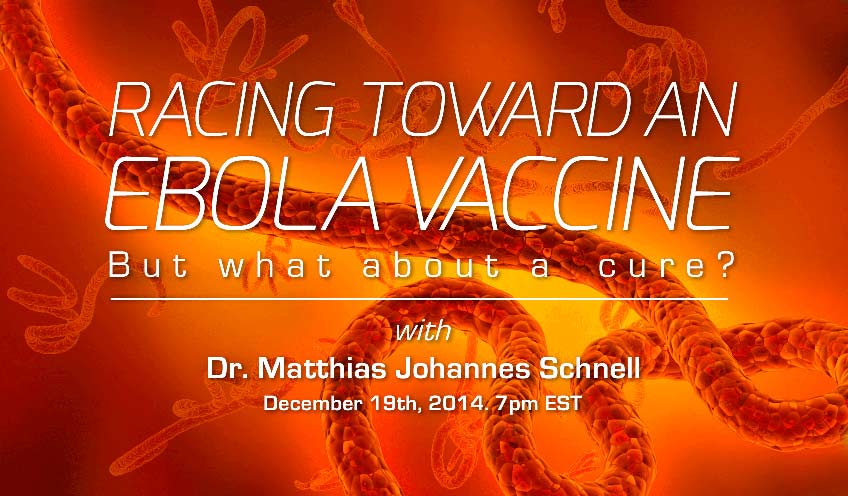
Hear Talk Audio
Racing Toward An Ebola Vaccine, But What About A Cure?
In the absence of a proven cure for EBOLA, researchers across the country are in a frenzy to get the one vaccine which can prevent the spread of this deadly disease and also provide people offering medical care to the infected, protection from contracting the infection themselves. When are we getting this vaccine and why is there a greater buzz on prevention than CURE!
buy vilitra online https://rxnoprescriptionrxbuyonline.com/buy-vilitra.html no prescription pharmacy
buy finpecia online https://bradencenter.com/wp-content/uploads/2025/03/jpg/finpecia.html no prescription pharmacy
Join us as we discuss EBOLA, its prevention and probable cure.
buy tadalista online https://bradencenter.com/wp-content/uploads/2025/03/jpg/tadalista.html no prescription pharmacy


